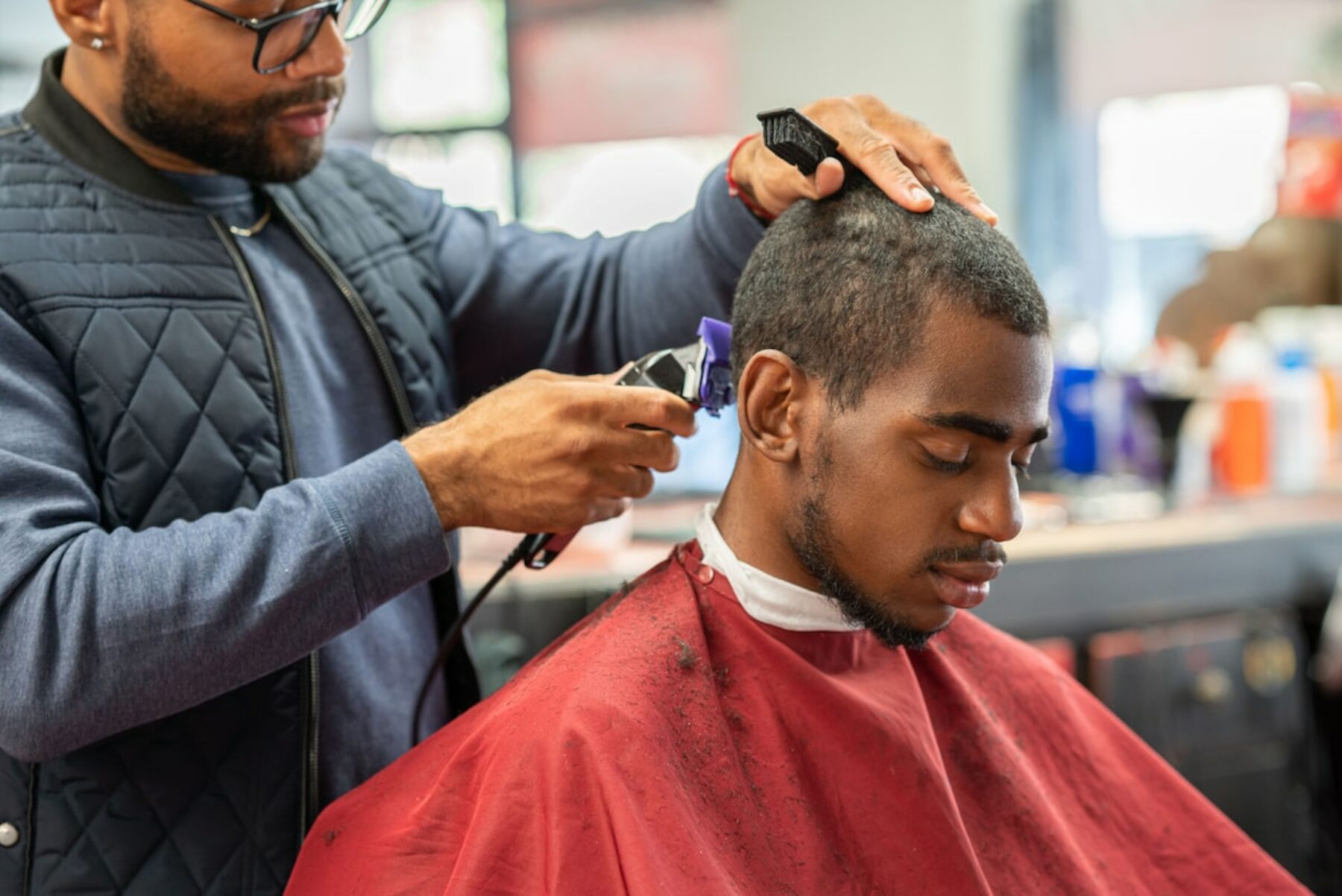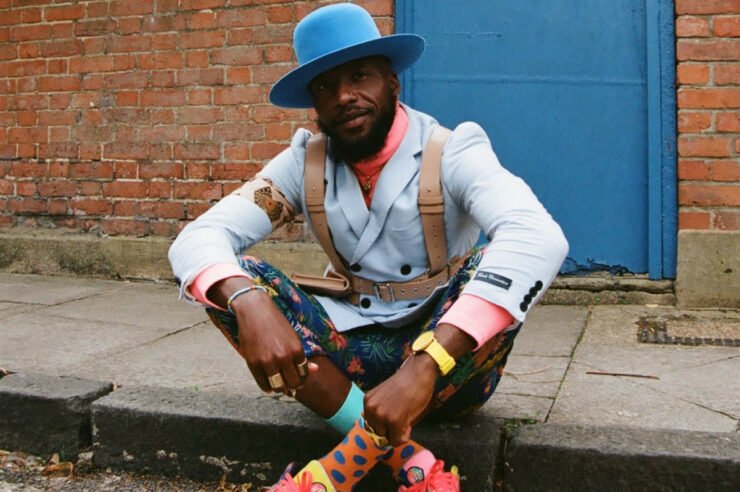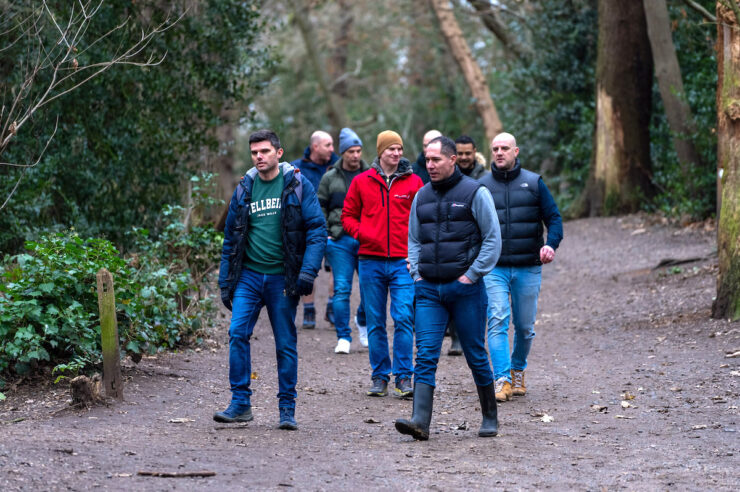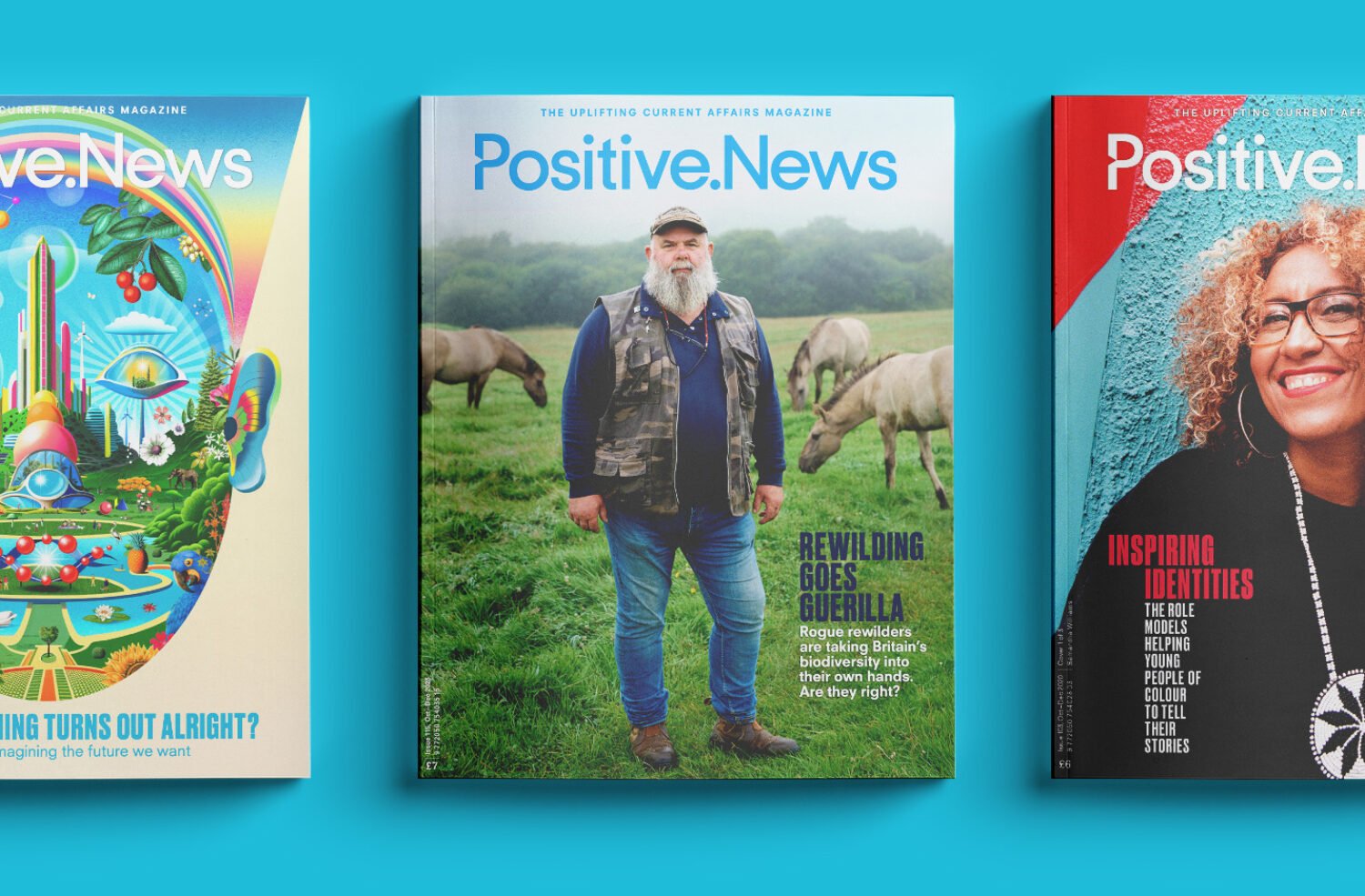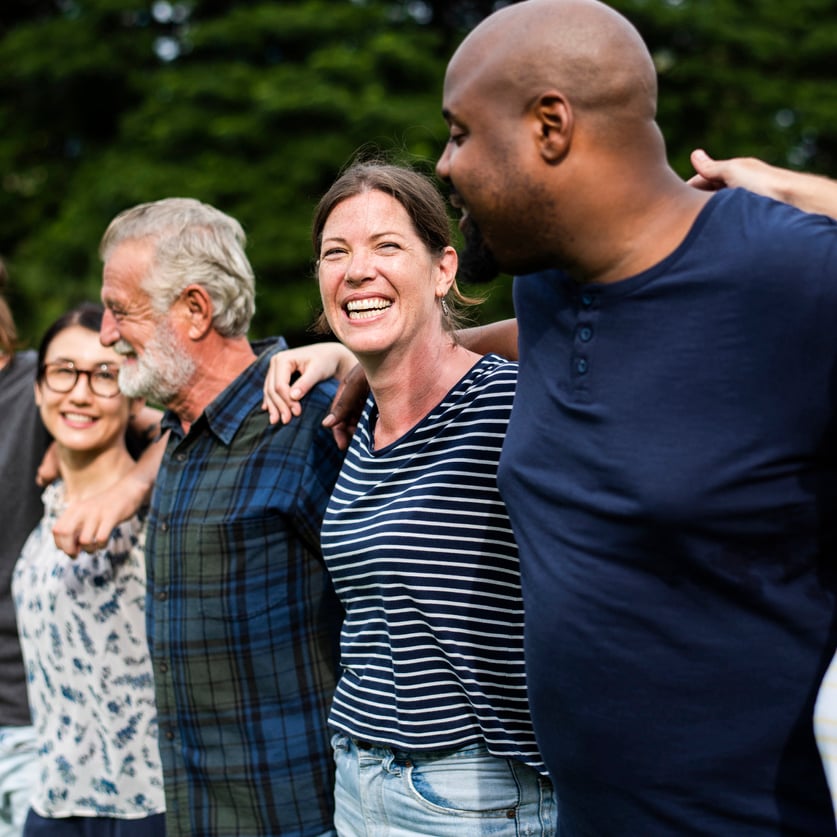Black men are getting more than just a trim at barber shops in Islington, thanks to a pioneering mental health initiative
Richard Johnson might come armed with the kit to tame an unruly afro into a precision fade, but his toolset contains much more than clippers and a comb.
He’s a part-time barber, a counsellor, a listener, and now – under a new initiative pioneered by Islington council in north London – a mental health first aider improving aspirations for young black men and boys.
“I’m not just cutting hair – it’s a counselling session,” said Johnson in-between appointments. “My customers know what’s happening, they know what they’re coming for.”
Black barber shops have long been about more than just keeping up appearances. Johnson says that for black men young and old, they fulfil the role of pubs and clubs.
“As a kid, it’s just a place to get your hair cut, but by your late teens it’s more of a social thing,” he said. “A mixed-generation environment where black men can talk to each other.”
That makes them ripe for grassroots mental health intervention, and now five Islington barbers, Johnson among them, have been trained in the necessary skills.
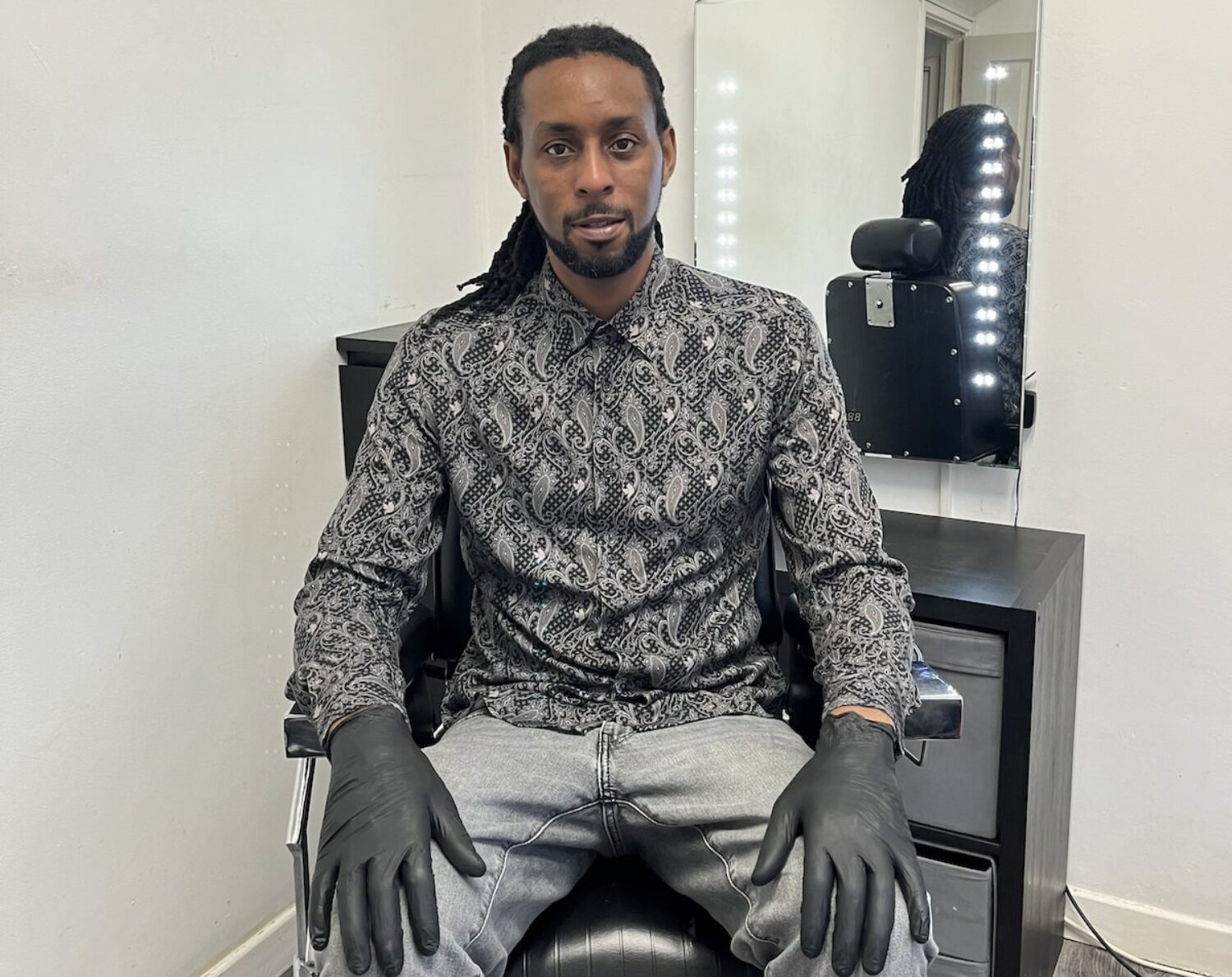
‘Customers leave feeling great,” says Johnson, one of five Islington barbers trained in mental health first aid
A four-day intensive training course has taught them how to talk and listen to customers about mental health issues, how to pick up on warning signs and direct them to services where they can find the help that they need.
“I don’t think black people are afraid of opening up, we’re very vocal about our feelings,” he said. “I see people on their good days and also on their bad days. That’s the nature of the barber’s chair.
“But I do think there’s a fear of being judged, of being given medication that might not be right for you, or even of being sectioned.”
Those fears are justified by statistics. Islington council says two-thirds of school exclusions are black pupils, and 60 per cent of black people in England feel they are treated with less courtesy because of their ethnicity.
I’m not just cutting hair – it’s a counselling session
These inequalities, says the authority, manifest in poor mental health. Black men in Britain are 17 times more likely than white men to be diagnosed with a serious mental illness, and four times more likely to be sectioned under the Mental Health Act.
Islington’s Barbers Project is part of its Young Black Men and Mental Health programme, funded with £1.6m from the NHS and the Violence Reduction Unit.
It includes work in schools and cultural competency training for police, GPs, social care and teachers. And, of course, there’s always the restorative power of a bit of personal grooming courtesy of Johnson’s calm, capable hands.
“At the end of it, you feel good. You’ve moved up from maybe a five to a seven in looks,” he laughed. “Honestly – we do miracles sometimes. Customers leave feeling great and come back wanting more.”
Main image: Martine Severin/iStock
